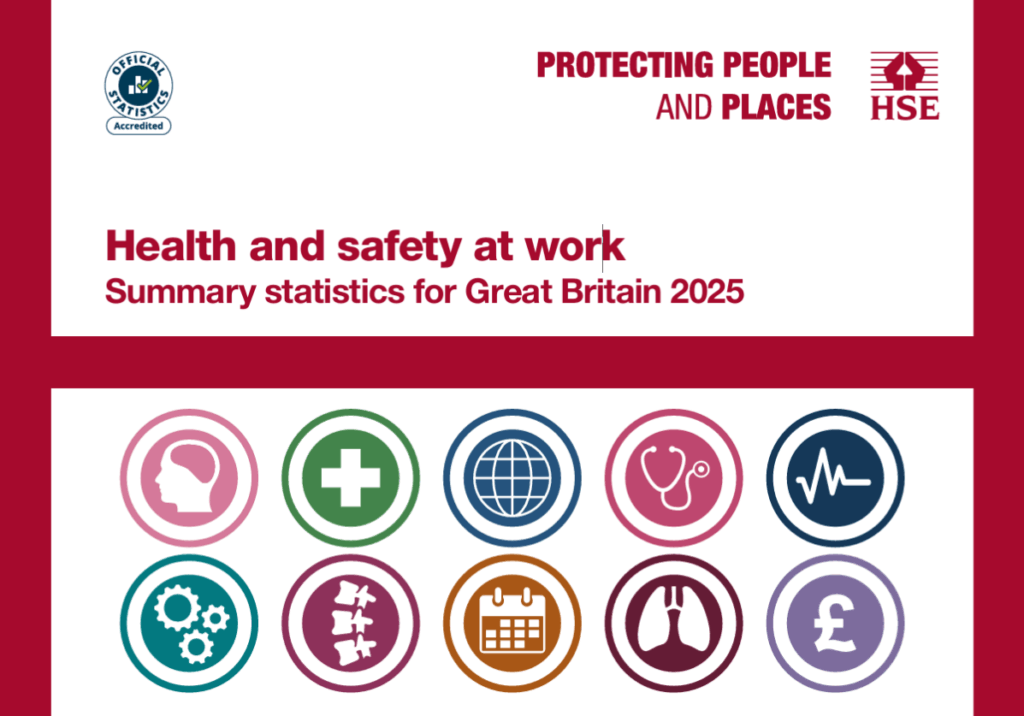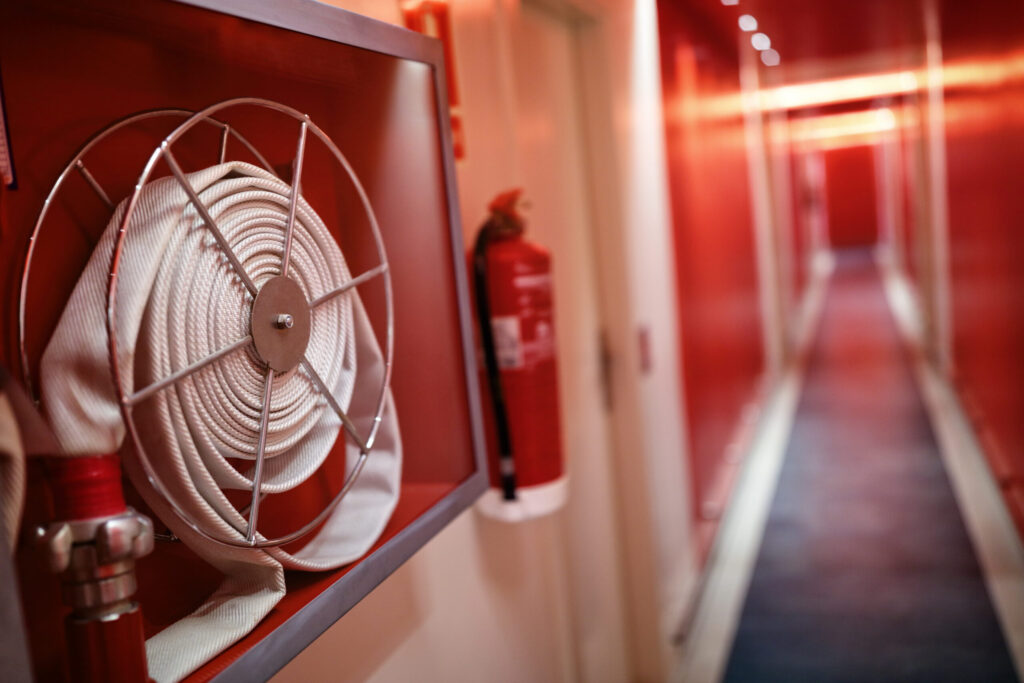Explore our range of NEBOSH courses here
NEBOSH health and safety courses are accredited by NEBOSH (the National Examination Board in Occupational Safety and Health) itself. They provide a platform for learning and professional development in health and safety.
NEBOSH has become a “gold standard” for health and safety education, but there’s more than one course to choose from. If you’re looking to develop your skills and gain a qualification in health and safety, it’s essential to choose the right NEBOSH course for you.
Here’s a guide to NEBOSH’s health and safety courses.
NEBOSH General Certificate
The NEBOSH General Certificate is ideal for gaining fundamental health and safety knowledge and acts as a gateway for further professional study. Many employers include the NEBOSH General Certificate in their training to ensure high levels of health and safety.
The qualification is equivalent to the NQF/QCF Level 3 in England, Wales and Northern Ireland (comparable to A-Levels) and SCQF Level 6 in Scotland.
The NEBOSH General Certificate covers:
- Legal responsibilities for managing health and safety
- Understanding health and safety management
- Risk assessments
- Identifying general workplace hazards, such as fire, electricity etc.
- Controlling and responding to workplace hazards
In most cases, the General Certificate can be taught over 10 to 11 teaching days. The exam is an open-book digital assessment which candidates have 24 hours to complete. They’ll also need to complete a risk assessment project.
Find out more about the NEBOSH General Certificate here
NEBOSH Health and Safety Management for Construction
Designed specifically for construction, the NEBOSH Health and Safety Management for Construction is a specialised qualification aimed at construction supervisors and managers. It’s considered the gold standard for construction businesses aiming to attain a high level of health and safety competence.
The course covers:
- Health and safety culture
- Risk assessments
- Working at height
- Fire, electricity and chemical hazards
- Demolition and excavation
- Musculoskeletal health
- Work equipment
- Physical and psychological health
Like the General Certificate, it takes place over 10 to 11 teaching days. It is equivalent to the NQF/QCF Level 3 in England, Wales and Northern Ireland (comparable to A-Levels) and SCQF Level 6 in Scotland. Assessment is similar, but the exam has a 48-hour completion time.
Find out more about the NEBOSH Health and Safety Management for Construction course here
NEBOSH HSE Certificate Managing Stress at Work
Stress and mental health are major contributors to workplace illness. This course equips businesses with a high standard of awareness and risk management for stress and other mental health problems.
The course covers:
- Understanding workplace-related stress
- The 6 key areas of work which can cause stress
- Applying HSE’s Management Standards approach for stress risk management
- Developing strategies to lower stress
This is a one-day certificate with a multiple-choice assessment and is suitable for all businesses across any industry.
Find out more about NEBOSH HSE Certificate Managing Stress at Work here
NEBOSH National Diploma
The NEBOSH National Diploma is an advanced qualification for those wishing to become managers or leaders in health and safety.
The course covers:
- Understanding health and safety legislation
- Advising on controlling risks
- Developing comprehensive health and safety policy
- Promoting positive health and safety culture
- Managing audit systems
An RQF/CQFW Level 6 course in England, Wales and Northern Ireland and SCQF Level 10 in Scotland, this is a professional qualification that takes around 191 taught hours and approximately 144 hours of private study and 140 assessment hours. It’s roughly equivalent to a bachelor’s degree.
Find out more about the NEBOSH National Diploma here
NEBOSH courses with HCS Safety
HCS Safety has a long track record of delivering exceptional health and safety courses and education.
We provide all four of the above NEBOSH courses through a combination of classroom learning, self-guided learning and practical assessments.




